Is Speed Chess More Difficult Than Classic Chess?
Chess, perhaps more than any other physical sport or board game, is one of the most popular, diverse, and culturally inclusive games. Played and enjoyed by millions worldwide, chess is seen as one of the most skilled boardgames in existence and requires players to be adept with their own pieces and those of their opponents.
However, with the popularity of chess, several variants and variations have been formed, allowing for the game to be more introductory or more advanced, depending on an individual players preferences and expertise levels.
And none of these variations may be as popular as speed chess. Played more quickly than classical chess, speed chess requires several moves to be made within a relatively short timeframe and allows for the game to end more quickly.
However, is speed chess more difficult than classic chess? And if so, is speed chess appropriate for newer, less-experienced chess players, or should it be reserved solely for more-experienced players?
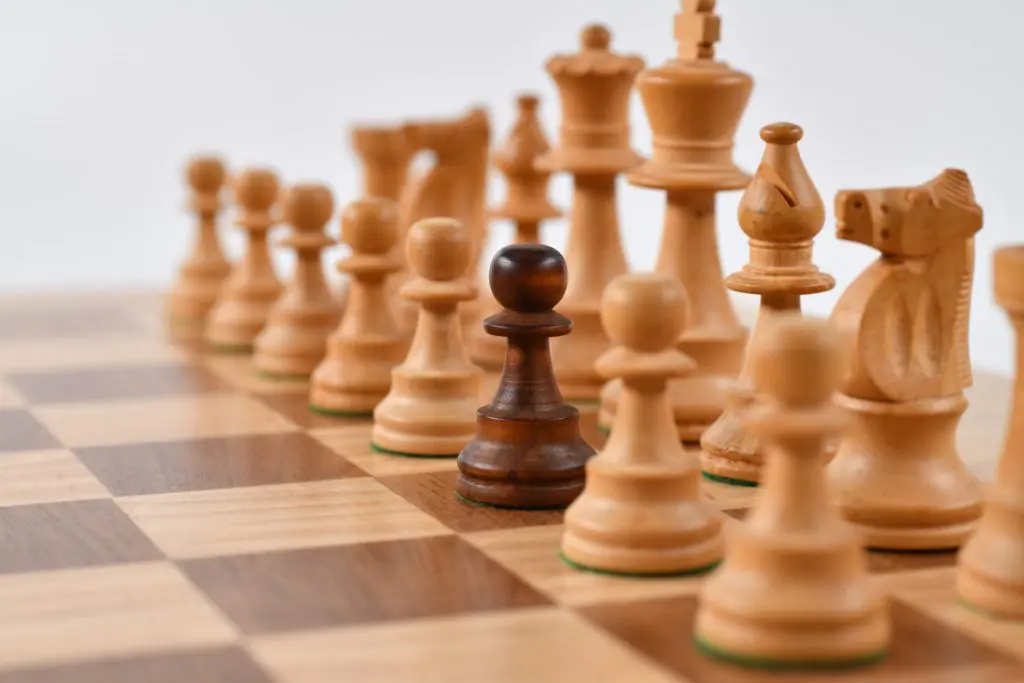
What is Speed Chess?
Speed chess, also referred to as fast chess or blitz chess, is widely preferred by many more experienced chess players as it substantially hastens the flow of the game, with the eventual winner being declared in nearly a tenth of the time as compared to the classic game.
In fast chess, players are given less time to consider their moves than in the normal version of the game. This lessened length of time helps to up the pace of the game, however, it does come with some pitfalls and obstacles.
With less time to consider a move, players are more prone to error, mistakes, and short-sights. Similarly, nerves can have a substantial impact on the flow of a players game and some players may make an unforced error due to those nerves.
However, within the realm of fast chess, there are three differing variations. We’ve listed the three different variations of fast chess below.
- Rapid/Quick/Active Chess – depending on the uniform body followed, this version of fast chess allows for timed play by each player of more than 10 minutes but less than 60 minutes. A faster version of the classical game of chess, rapid chess, however, still allows sufficient time for more advanced individual players to review the board more closely before making their next move.
- Blitz Chess – one of the more popular variations of fast chess, we believe that blitz chess is the perfect medium between the traditional game and one that is sped up. In blitz chess, time controls for each player in a game are set to 10 minutes or less. In that there is an average of 40-60 moves in a single chess game, the 10 minute allotment ensures that each move is averaged at just 10 seconds or less.
- Bullet Chess – bullet chess, in our opinion, is simply too fast. A sub-variant of blitz chess, bullet chess games allow for three minutes or less per player per game. On a 40-move game, that averages to just 4.5 seconds per move.
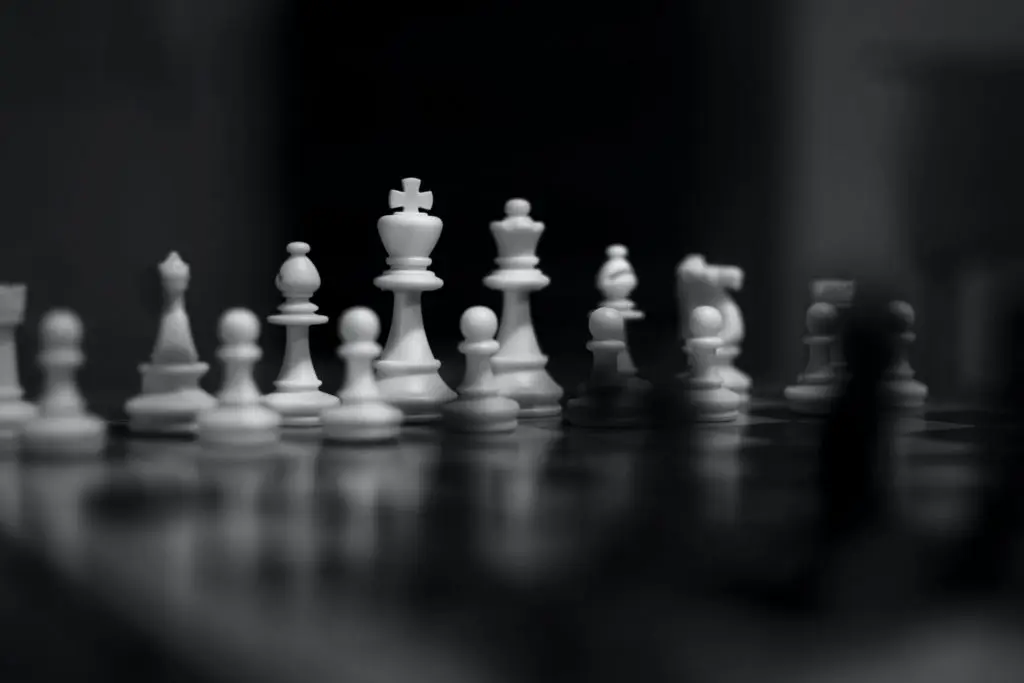
Difference Between Classical Chess and Fast Chess
Although classical chess is the more popular version of the game, fast chess is gaining in popularity and is becoming a more mainstream version of the game. With the classical game taking anywhere from 10-minutes to an hour to complete at an amateur level, the classical game can extend for upwards of six hours at the professional stage.
Fast chess, on the other hand, has a set time limit and is monitored closely to ensure players adhere to the set limits. With fast chess games set to end in just 10 minutes, players are tasked with making the best possible moves but in a much shorter duration.
However, aside from the time factor, not much else is different between the two versions of the game. Rather, fast chess’ variation of the classical game looks to only speed up the flow of the game and does not look to change the inherent rules and systems codified in the game.
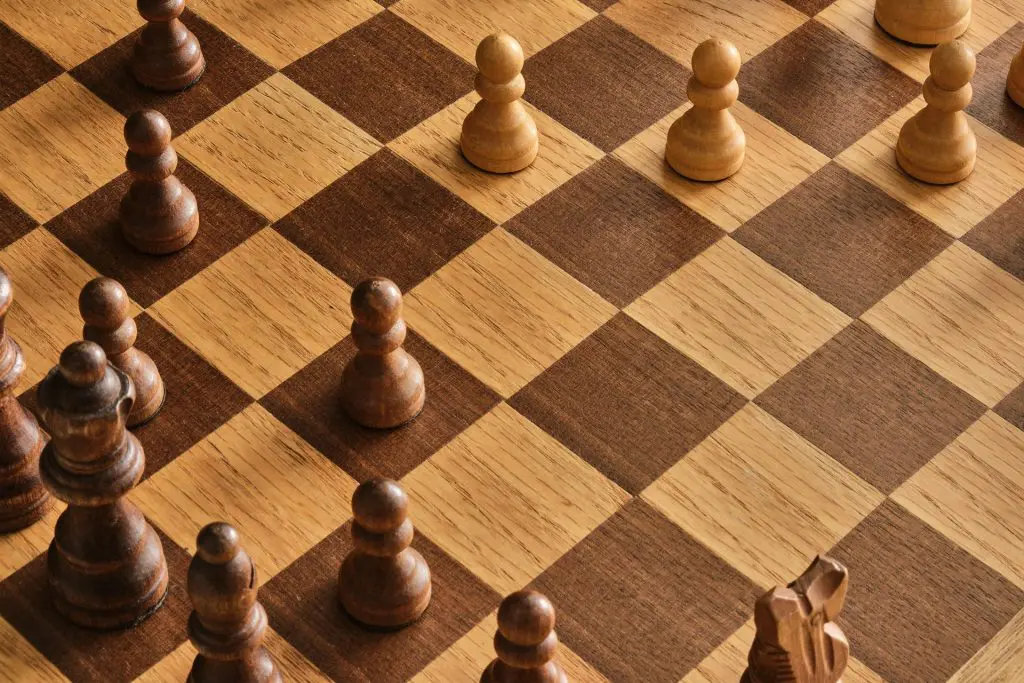
How Difficult is Fast Chess?
Admittedly, fast chess is substantially more difficult than the classic version of the game. However, it is more difficult for a number of reasons and not for the most obvious ones. Below, we are going to look at a few reasons why fast chess is so much more difficult than the classic game of chess.
- Difficult to Come Back From a Mistake – unlike in the classical game where time is lesser of an issue, in fast chess, a mistake on the board, particularly in the beginning, can be fatal and can be difficult to recover from. This is particularly true if your opponent identifies your error and looks to leverage against it.
- Fast chess is nerve-racking – similarly, much of the difficulty of fast chess is in the mental game. Whereas the classical game allows for time to think, contemplate, and assess the moves made on the board, and any future ones, fast chess does not afford players much time to make a move and players can often feel that impact in their nerves.
- Fast chess forces you to trust your intuition – and lastly, whereas the classical game of chess allows for a studied approach to the game, fast chess does not provide that luxury. Rather, with just 10 seconds to make a move, a player must trust their gut and intuition of what is happening on the board and play as such.
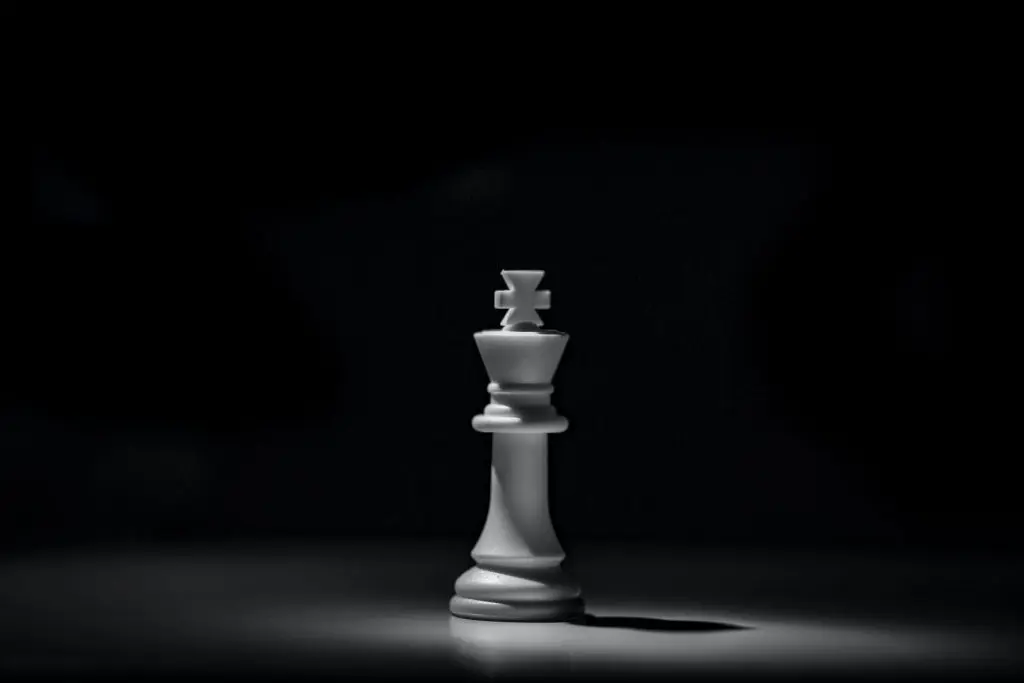
Why Do People Play Fast Chess?
With the above mentioned difficulties of fast chess, just why do so many people prefer to play fast chess than the classic game? Below, we are going to look at some of the more common reasons why someone would opt to play fast chess over the classic version of the game.
- To save time – perhaps, and obviously, the main reason why anyone would prefer fast chess to the classic version is to save time. Whereas the classical game can take upwards of six hours in a professional setting, fast chess saves considerable amounts of time and can be played quickly.
- It’s more fun – although highly debatable, there is an intrinsic joy that one feels from the rush of playing chess quickly. Being able to make moves and decisions quickly gets your adrenaline and heart rate going and is considerably more fun as a competitive game.
- More widely enjoyed by spectators – lastly, with the emergence of gaming streaming services such as Twitch, spectators appear to vastly enjoy and prefer fast chess to the classical game. With a shortened duration, a spectator can remain more involved in the game and will more likely watch from the beginning of the game to the end.
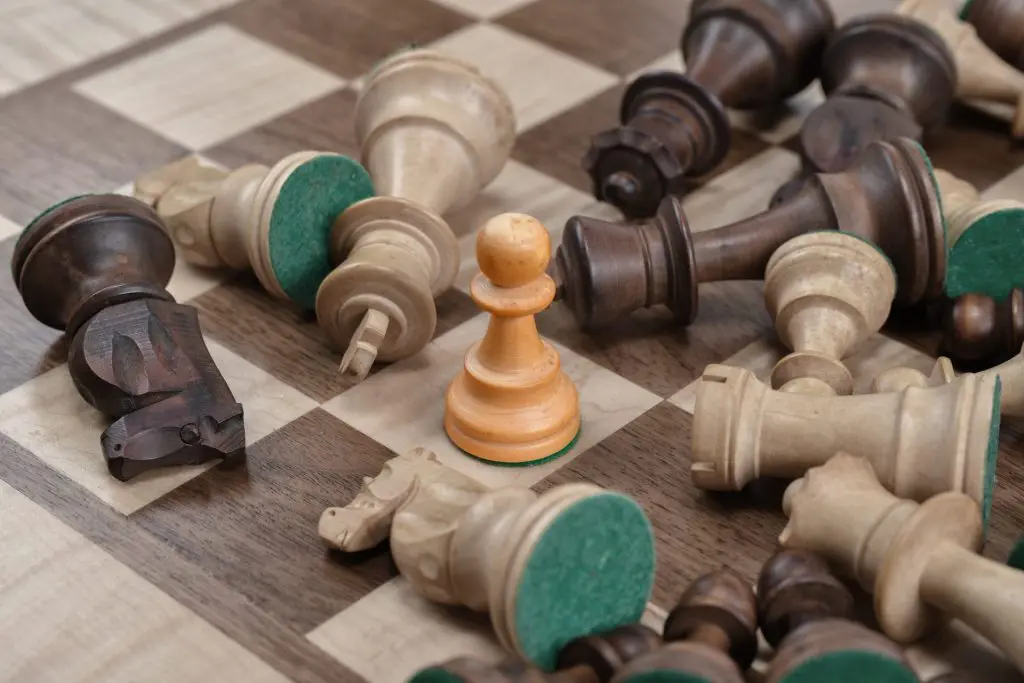
Is Fast Chess Good For Beginners?
When it comes to fast chess, perhaps the number one question we get asked is just whether or not the version of the game is suitable for beginners. And the answer, as with so many things, is yes and no.
Yes, in the sense that fast chess can help a beginner to become more comfortable with trusting their instincts, finding patterns and formulations more quickly, and identifying points of weaknesses before their opponent.
However, fast chess is not great for beginners who are still getting acclimated to the game. Fast chess requires a player to have a basic understanding of the fundamentals of the game and does not provide much wiggle room for taking a moment to think through the next move.
Therefore, if you are just starting out and are still learning the basics of the game of chess, we would suggest holding off until playing your first round of fast chess.
